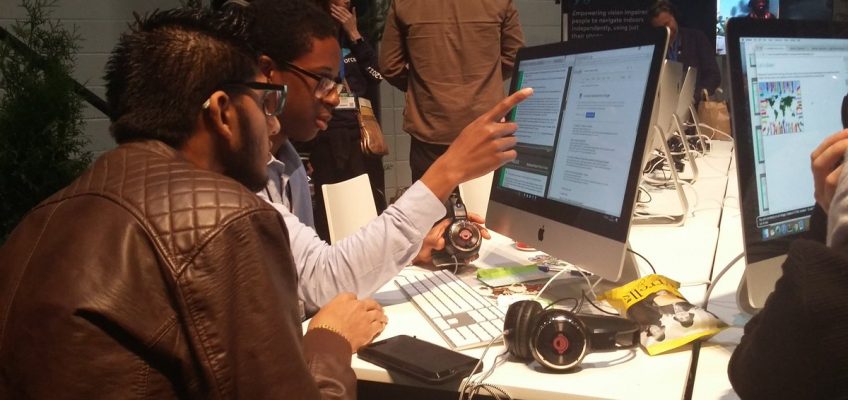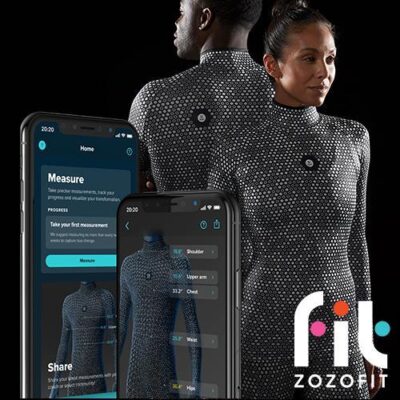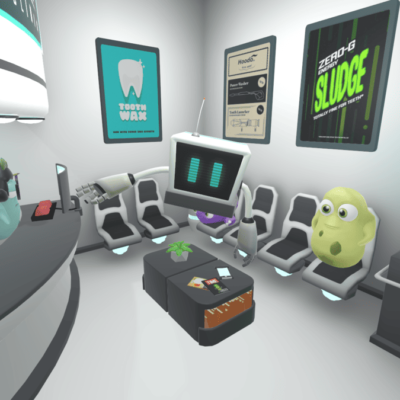Technology is helping people with disabilities like never before, but they also have a lot to give back to tech
Have you ever wondered what it’s like to code blind? I, for one, find the whole thing baffling enough with all senses at my disposal, so I’m very much in awe of the Royal Society of Blind Children group which managed to do just that.
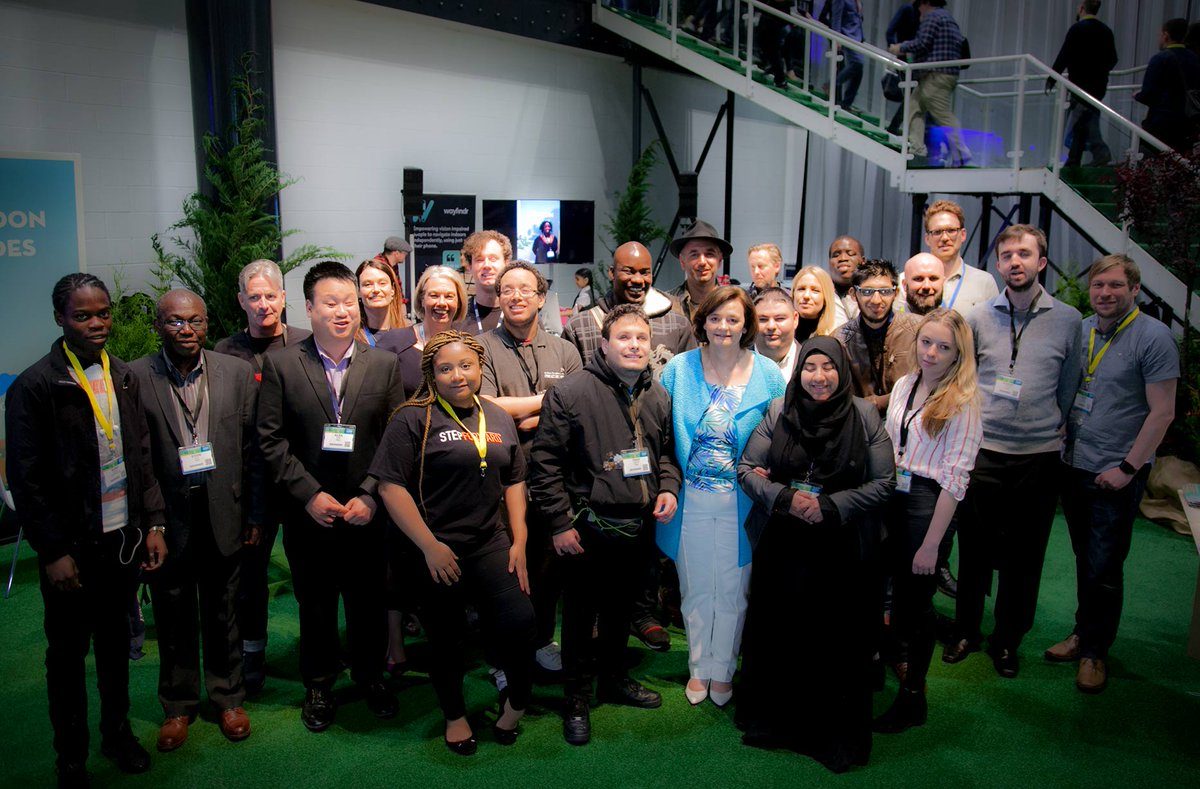
As part of a partnership between Salesforce.org, The Challenge (a UK charity promoting diversity through a broad range of projects) and #a11yhacks the students showcased their coding skills to coincide with Global Accessibility Awareness Day.
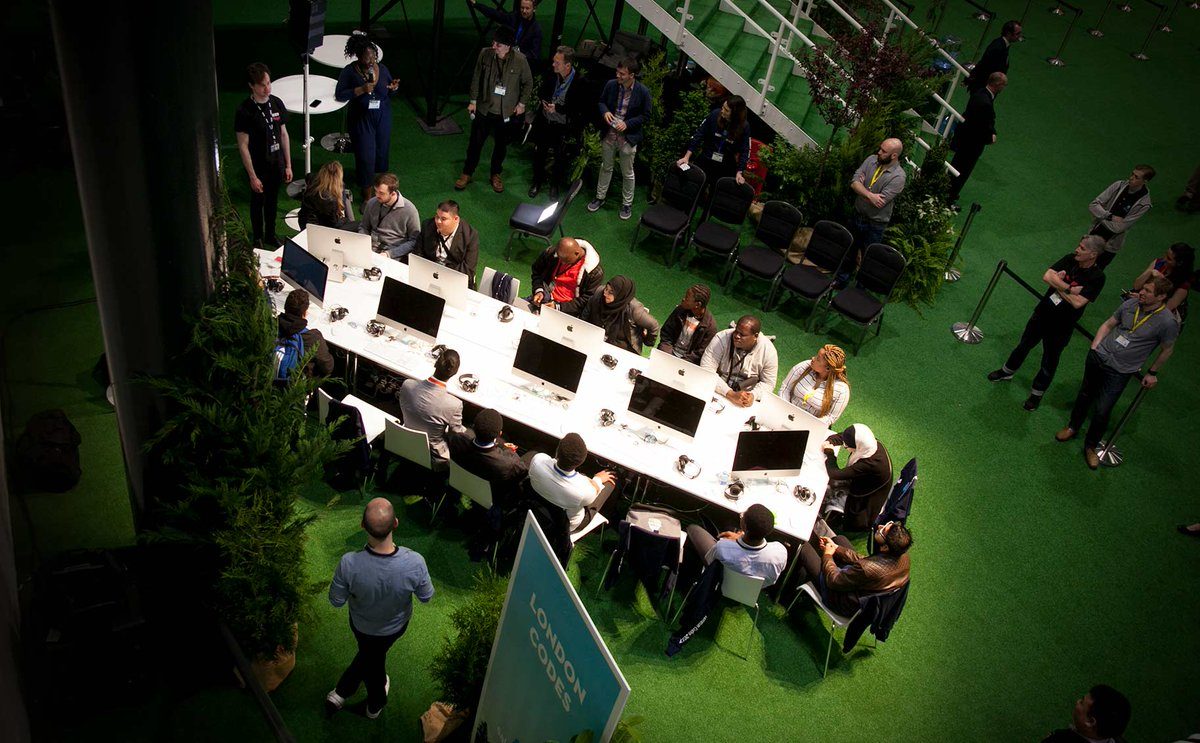
This was done to highlight the importance of businesses hiring apprentices with different disabilities; not only for the very worthy reason of making society more inclusive, but for the practical and commercial motivation of not letting valuable skills go to waste.
The event aimed to highlight the importance of businesses hiring people with disabilities Click To TweetThe British Chambers of Commerce recently reported that more than 75% of businesses face a digital skills shortage, and 84% of firms think digital and IT skills are more important to their businesses than they were two years ago. Initiatives like #a11yhacks and charities such as The Challenge are crucial in helping to tackle the skills shortage and encourage businesses to employ visually impaired apprentices. The win-win is so clear it makes you wonder why we haven’t been doing this all along.
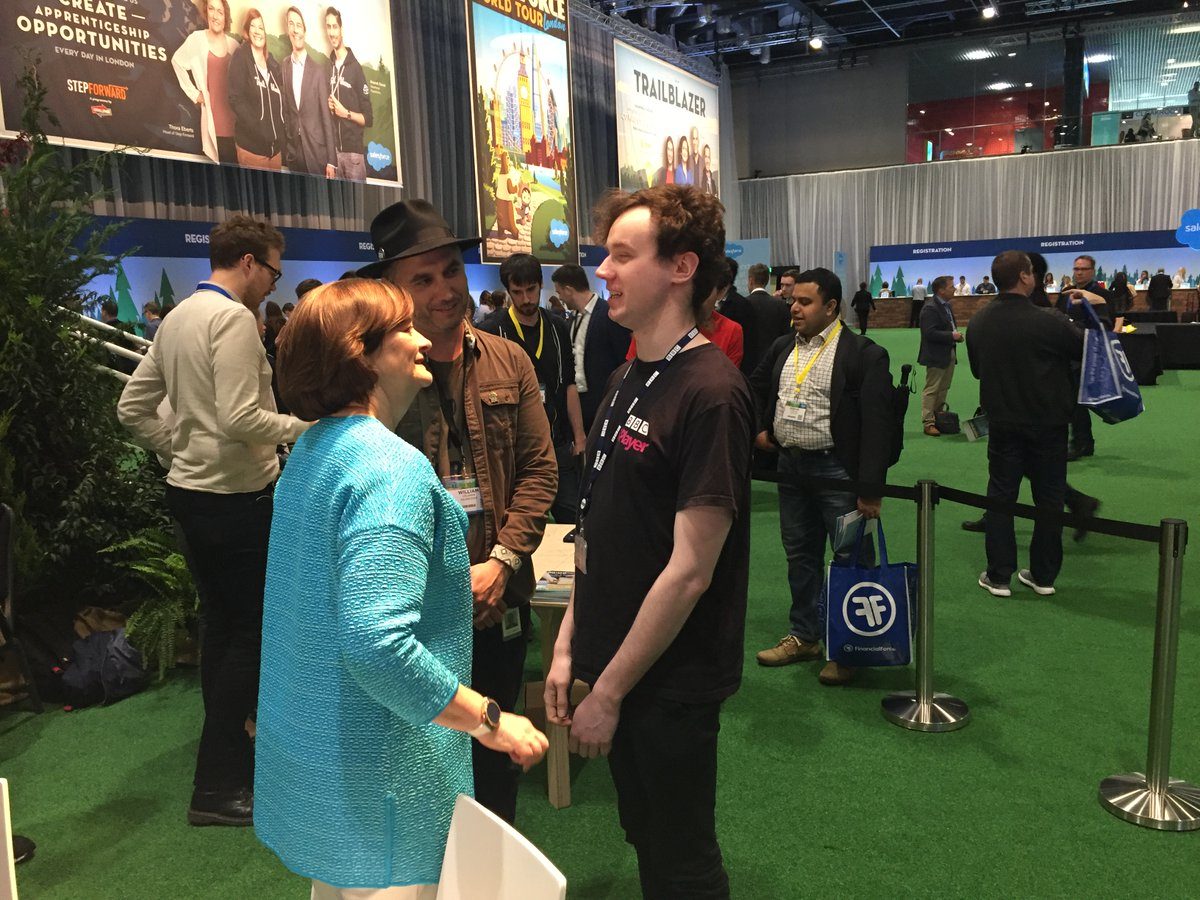
“With the UK facing a critical skills shortage, programmes such as this are incredibly important to not only plug the skills gap but ensure we have a diverse and equal pool of talent to tap into,” agrees Charlotte Finn, VP, Programs-EMEA at Salesforce.org. “We donate one percent of our company’s technology, employee time and resources to giving back. Our recent project with The Challenge and RSBC has seen many of our employees volunteer at the coding club for visually impaired youth to teach them key technology and coding skills with a view to securing an apprenticeship.”
During the demo day, visually impaired coders offered attendees at the ExCel centre in London several demonstrations of how technology is being used to improve accessibility for blind and partially sighted people. Sighted people – including Cherie Blair – had the opportunity to experience what it’s like to experience sight loss in a specially designed simulation.
Technology is being used to improve visually impaired people's lives Click To TweetThe fact that the children were looking at using the coding skills they learned to design a VR app as their showcase project also seems very appropriate, given Virtual Reality’s unique capacity to allow people to experience things from someone else’s perspective. This is particularly powerful in relation to disability and inclusion, as increasing an able-bodied person’s ability to truly empathise with the challenges that disability brings is important in ensuring that accessibility initiatives are prioritised and properly implemented.
This was a partnership between Salesforce.org, The Challenge and #a11yhacks for Global Accessibility Awareness Day Click To Tweet“Our goal at The Challenge is to help create a society where people from different backgrounds come together to understand and appreciate each other’s differences,” says its Chief Executive Oliver Lee OBE. “I am delighted that we are now helping these young people into tech apprenticeships as part of our Step Forward apprenticeship programme.”
Where the huge popularity of the Paralympic games in London and Rio certainly helped do that, it’s important we continue to support on-going projects such as these to ensure momentum isn’t lost. Because it’s not even about charity, or feeling good about yourself (although if it helps, go ahead!) even from an entirely selfish perspective, a more inclusive society is more stable and prosperous for everyone, and disabled people have a whole lot to contribute to it. And it’s about time we enabled them to do so.
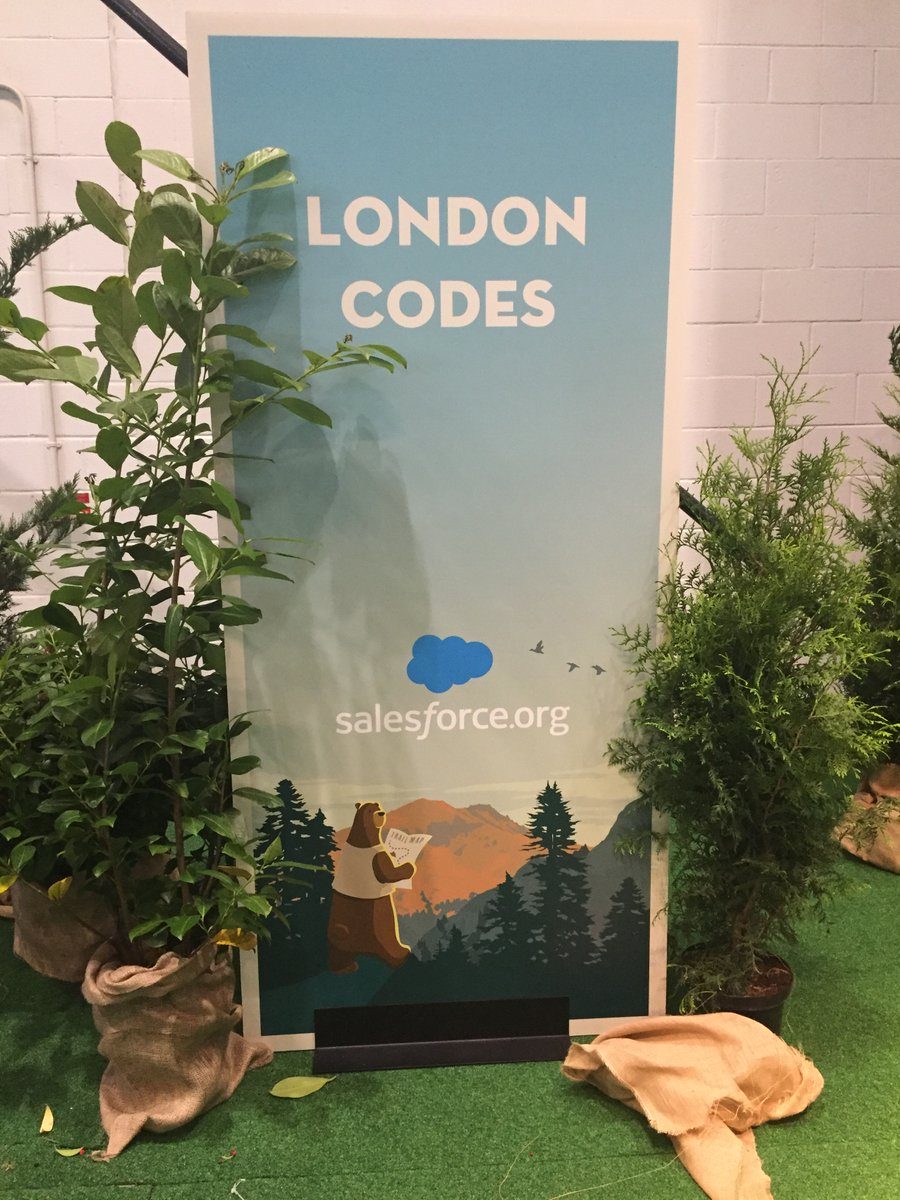
For companies looking to gain a competitive edge through technology, Tech Trends offers strategic Virtual Reality and Digital Transformation Consultancy services tailored to your brand.
Alice Bonasio is a VR and Digital Transformation Consultant and Tech Trends’ Editor in Chief. She also regularly writes for Fast Company, Ars Technica, Quartz, Wired and others. Connect with her on LinkedIn and follow @alicebonasio on Twitter.

